SUMMARY
This is AI generated summarization, which may have errors. For context, always refer to the full article.
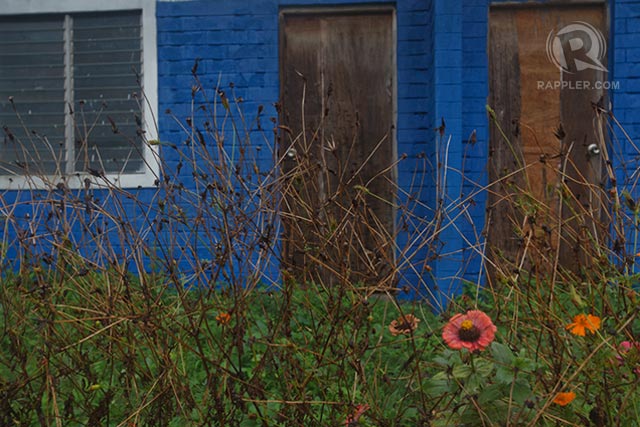
LAGUNA, Philippines – Bayan ni Juan is a sprawling 107-hectare property in Calauan, Laguna, with a breath-taking view of Mt Banahaw, Mt Tamlong, and Imok Hill.
Aside from being nestled in nature’s splendor, what makes Bayan ni Juan seemingly more attractive is the community’s environment-friendly amenity, the use of about 200 solar streetlights.
It sounds like the perfect place for anyone’s dream house or an idyllic spot for a vacation home.
But Bayan ni Juan is a relocation site. It is supposed to provide ready and sustainable homes to the homeless, specifically estero-dwellers along the Pasig River, and informal settlers displaced by Typhoon Ondoy. They join the first wave of migrant-informal settlers relocated in SouthVille 7 by the National Housing Authority.
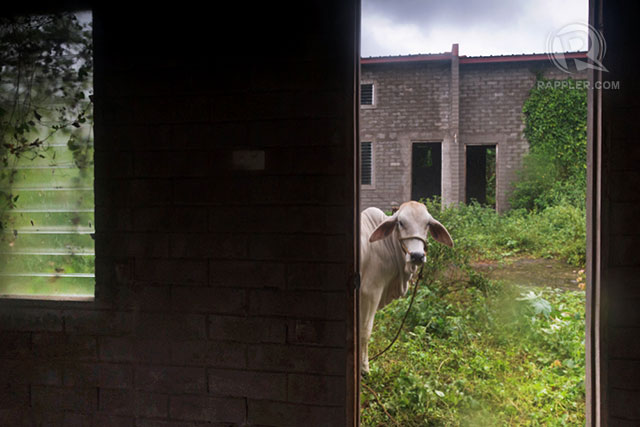
Migrants from the esteros were moved here because of their impact on the river ecosystem and on the rehabilitation of the Pasig River. They were considered a threat to the environment and were threatened by environmental forces themselves.
Environmental refugees
The relocated Ondoy survivors may be considered the first environmental refugees in the area, as they have been displaced and dispossessed by extreme weather.
More and more communities may be uprooted by natural disasters and impacts of climate change in the near future. But is climate-migration really the next phenomenon?
By building them houses, it is hoped that they can rebuild their lives. In fact, about 2,250 houses have been built in Bayan ni Juan.
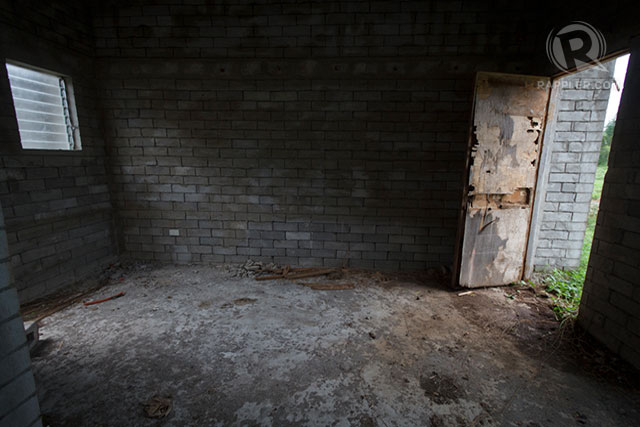
But many storms have passed and about 900 houses are either abandoned or remain unoccupied. Rows upon rows of row houses are uninhabited. It’s that part of town that is every square meter a ghost town. It’s how life looks like, without people.
Despite being given a place to live, the settlers have no place to make a living. The houses are also not free. Without any livelihood, they are unable to pay for the P350-P500 monthly amortization fee.
Moratorium on relocation
Although the houses have been ready for occupancy, they remain empty. According to Susan Pullarca, a social worker for community development, “The local government of Calauan has issued a moratorium banning further relocation of informal settlers to Bayan ni Juan.”
Ironically, informal settlers along the riverbanks who were supposedly removed from so-called danger zones have been moved to a dangerous neighborhood. With the influx of re-settlers at Bayan ni Juan, the Calauan police noted an almost 6% increase in criminality, ranging from the petty (brawling) to the heinous (rape).
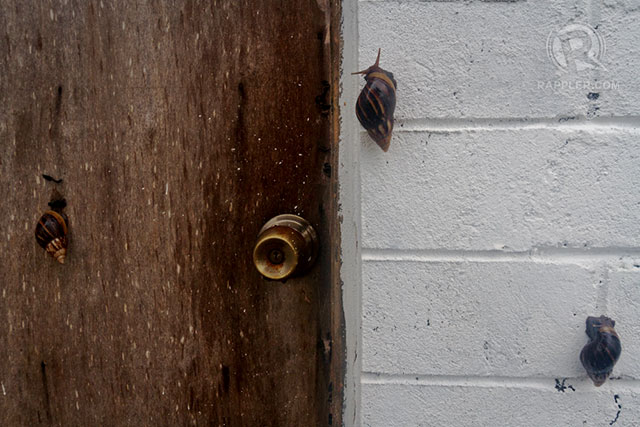
“The biggest problems here are depression, malaise, and virulence,” says Fr Boy Salvador, a Salesian priest from the Don Bosco community chapel in Bayan ni Juan.
While social issues abound, social services are lacking. Local and international non-governmental organizations and private foundations have forged partnerships to help the community fill in the gaps. Yet basic necessities such as power and water are still a problem.
Migration from the urban to the rural is not just a matter of adaptation, but of survival. Migrant informal settlers have long been urban dwellers, whose livelihood is based in the city. However, Calauan is a rural area, where the main source of income is agriculture.
Some of the heads of households leave to work in the city on weekdays, turning Bayan ni Juan into a town without husbands and fathers. It has its own set of complications and social implications.
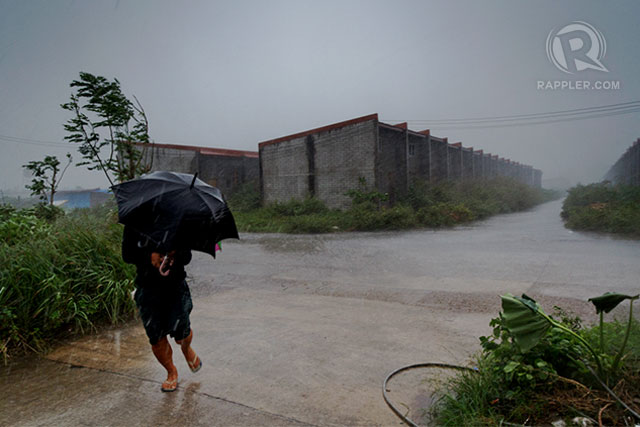
Salvador says the people are so impoverished, sex-for-food prostitution exists in the community. Teenage pregnancy is also alarmingly on the rise. There are even cases of children having children, children as young as 11 becoming child-mothers. Many of them have left Bayan ni Juan.
In this place, the displaced are still out of place. – Rappler.com
Add a comment
How does this make you feel?
There are no comments yet. Add your comment to start the conversation.